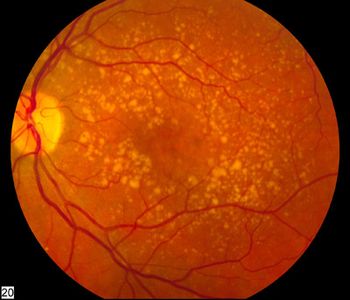
After 10 years, AREDS2 formula shows increased efficacy compared to original formula, benefit of eliminating beta-carotene.


After 10 years, AREDS2 formula shows increased efficacy compared to original formula, benefit of eliminating beta-carotene.

Scientists have revived light-sensing neuron cells in organ donor eyes and restored communication between them as part of a series of discoveries that stand to transform brain and vision research.
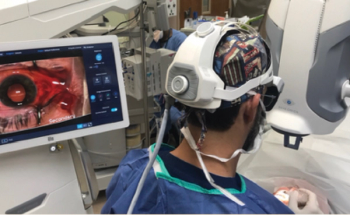
Physicians can use navigational tools to attain a much more immersive perspective.
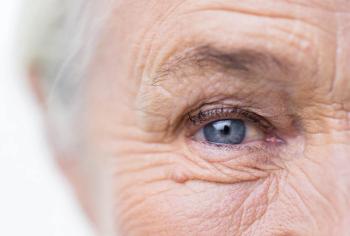
According to the study by a team of researchers from the University of California Irvine and University of Southern California, treatment with Humanin G reduced protein levels of inflammation markers that become elevated in age-related macular degeneration.
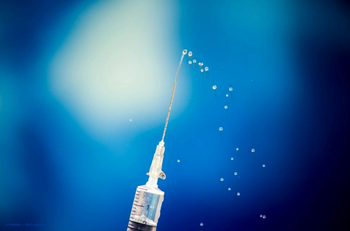
The companies are marketing the first FDA-approved ophthalmology biosimilar as a treatment option for patients with retinal disorders.

According to the company, the AI platform can predict a person's risk of having a stroke or a heart attack in the next five years.
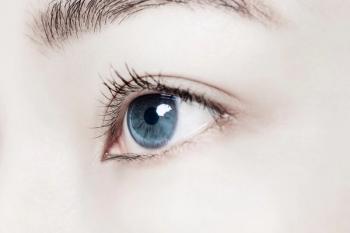
According to Novartis, the approval is based on year 1 data from the Phase III KESTREL and KITE clinical trials investigating brolucizumab-dbll 6 mg vs aflibercept 2 mg in diabetic macular edema patients.

Faricimab is the first treatment for wet AMD and DME in Canada that acts by targeting both VEGF-A and Ang-2, two key drivers of vascular instability that have been associated with vision-threatening retinal conditions.

The study assess retinal blood biomarkers using a new prototype OCT, aiming to measure retinal biomarkers such as blood flow volume, average velocity, and vessel diameter with a new prototype.

A new technique will allow fast and non-invasive assessment of the physiological state of the retina. This could be a real breakthrough in the treatment of eye diseases.

As novel therapies in the pipeline are aiming to decrease the rate of GA expansion—the endpoint Karl Csaky, MD and Fredrick Ferris III, MD, identified in 2007—Dr. Csaky reinforces on the importance of preserving the central retinal tissue.

According to the company, the ReCLAIM-2 study of elamipretide demonstrates a correlation between ellipsoid zone dysfunction and vision.

A discovery by investigators at the National Eye Institute sheds light on tissue targeted by age-related macular degeneration and other diseases.
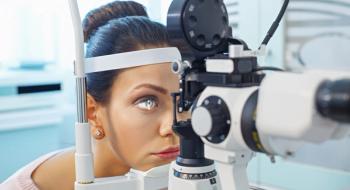
The Eye Van, operated by Vision Loss Rehabilitation Canada, is a mobile medical clinic that delivers eye care in northern Ontario communities where ophthalmology services aren't readily available.
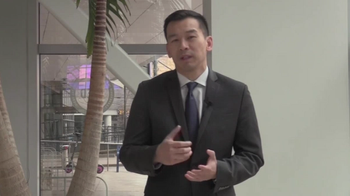
The Phase 3 integrated PEACHTREE and AZALEA study data revealed strong safety and efficacy for triamcinolone acetonide via suprachoirodal injection.
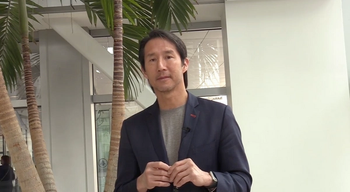
The OpRegen trial is a cell therapy trial, looking to explore potential safety and efficacy for patients with advanced dry age-related macular degeneration (AMD).

Diana Do, MD, professor of ophthalmology at Stanford's Byers Eye Institute, presents research on a newly developed, novel patient-reported outcome instrument (PRO) for patients who have proliferative diabetic retinopathy and who are undergoing treatment with either intravitreal anti-VEGF therapy, or panretinal photocoagulation.

Variable TULP1 missense mutations in inherited retinal diseases.
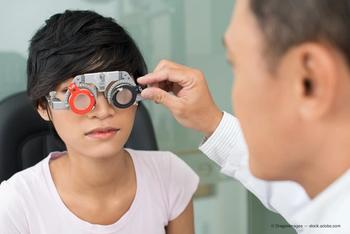
In a poster presented at the Association for Research in Vision and Ophthalmology’s 2022 annual meeting in Denver, Eva Chamorro, PhD, MSc, points out that myopia control spectacle lenses affect the diurnal rhythms in the AL in young adult human and produced a small short-term increase in the AL that varies in intensity and time interval for each of the 3 studied lenses.

THR-687 is currently being evaluated in a phase 2 clinical trial in patients with DME. The first data from the dose-optimization study is expected to be released in the first half of 2022.

In a poster presented at the Association for Research in Vision and Ophthalmology’s 2022 annual meeting in Denver, Osama Ibrahim Hirayama, MD, and colleagues offered results that demonstrating that anisometropia and astigmatic error were greater among the patients with high myopia compared with the other groups. Compared with the subjects with no myopia, those with high myopia reported significantly more dryness, less photophobia, and less pain.
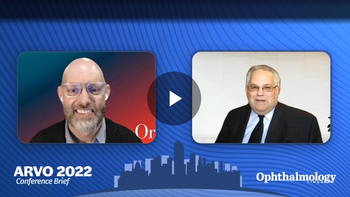
Dr. David Bingaman of Ora Clinical discusses today’s need to accelerate clinical studies and increase investments in retina and challenging disease states.

Treatments include tinted spectacles and/or contact lenses, low-vision aids, atropine drops, and patching for amblyopia, as well as eye muscle surgery for the nystagmus or any anomalous head posture and associated strabismus.
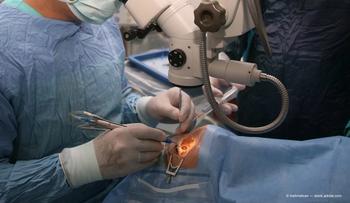
The intravitreal implant (OTX-TKI) is being evaluated to treat wet age-related macular degeneration in a phase 1b clinical trial.

In a poster presented at the Association for Research in Vision and Ophthalmology’s 2022 annual meeting in Denver, Mamoru Ogawa, MD, noted that investigators have found that the choroidal and central corneal thicknesses increased over a very short period of time following intensive outdoor activity.